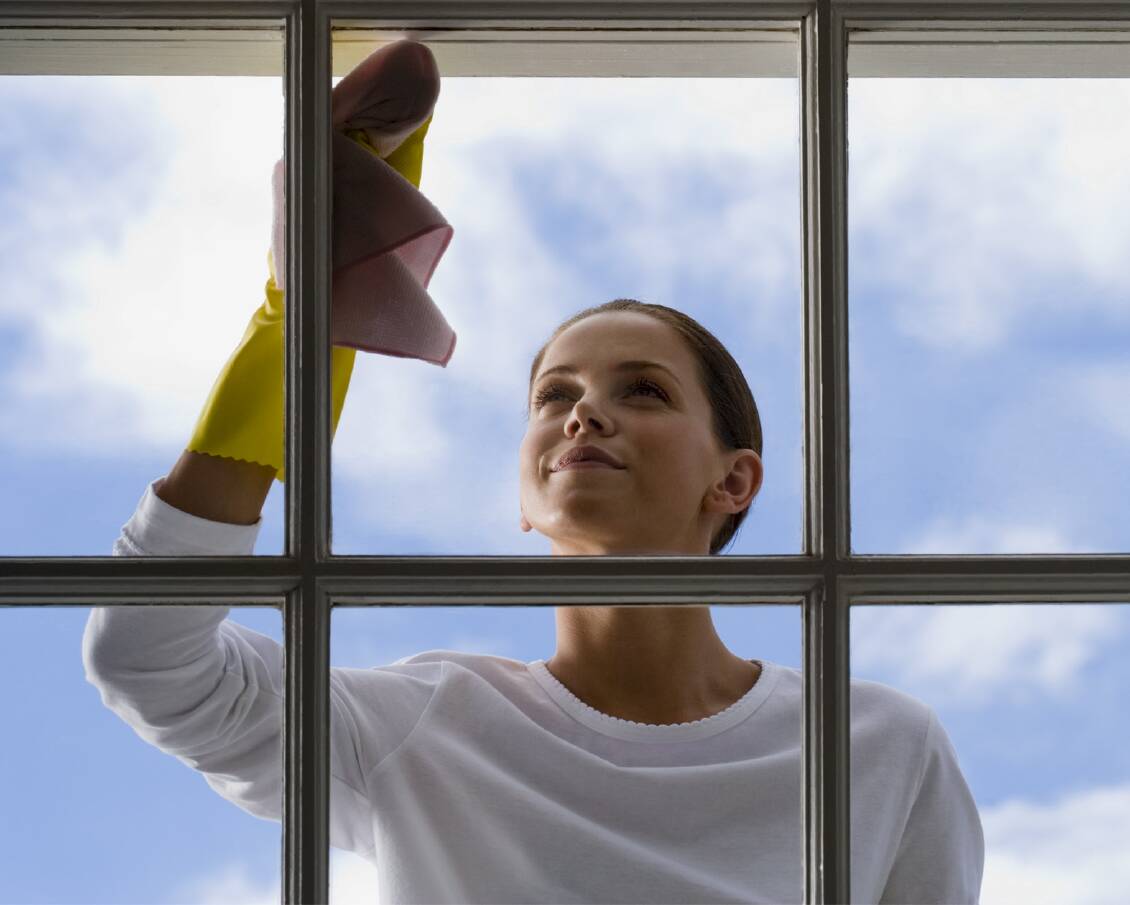
Detailed Census figures lay bare the chasm between how much Hunter men and women get paid and how much unpaid domestic work and caring they do.
The new Australian Bureau of Statistics data provides a comprehensive breakdown of the Hunter community, including the biggest employment industries, gender inequities and birth countries.
A Newcastle Herald analysis of the figures shows 9296 men in the Hunter earned more than $3500 a week at the time of the 2021 Census, compared with 2995 women.
A total of 34,787 men earned between $2000 and $3499 a week, compared with 10,559 women.
Women's domestic work dwarfed that of men. A total of 39,126 women in the region reported doing more than 30 hours of housework in the previous week, compared with 11,877 men.
Women were more likely to volunteer in community organisations and provide unpaid care.
More than 40,000 Hunter women reported completing volunteer work in the 12 months before the Census, compared with 32,675 men.
A total of 28,860 men provided unpaid help to the elderly, people with a health condition and those with a disability, compared with 44,257 women.
When it came to unpaid child care, 89,602 women looked after children, compared with 65,964 men.
The ABS data release also showed that the female-dominated health care and social assistance sector was by far the largest employment industry in the Hunter with 54,833 workers.
Next were construction (29,836), retail (29,148), education and training (27,243) and hospitality (23,507).
The mining sector was well down the list of employers with 14,943 workers, behind public administration on 19,481 and manufacturing on 18,280 and professional, scientific and technical services on 17,932.
The figures also provide a snapshot of where the Hunter's 682,465 residents were born.
Five out of six people, a total of 575,846, were born in Australia.
England provided the largest cohort of immigrants with 16,340, followed by New Zealand (7885), India (4154), Philippines (3626) and China (2665).
Of countries in continental Europe, Germany was the country of birth for 2404 people, the Netherlands 1312 and Italy 1302.
The ABS also compiled data on the number of people who had a different address compared with one year ago and compared with five years ago.
The figures showed 41,023 people in the Newcastle and Lake Macquarie local government areas had a different address in other parts of Australia one year earlier.
A total of 28,487 people in the rest of the Hunter had a different address elsewhere in the country.
Almost 10,000 had changed address but stayed within Newcastle and Lake Macquarie, and 11,269 people in the rest of the Hunter had moved but stayed within the area.
A total of 1915 people had moved into the Hunter region from overseas.
Five years before the Census, 109,963 people in Newcastle and Lake Macquarie had a different address elsewhere in Australia, 9712 had an overseas address and 22,842 had a different address in the same two council areas.
In the rest of the Hunter, 77,777 had a different address in another part of Australia, 3850 had a foreign address and 27,935 had a different address in the same area.
WHAT DO YOU THINK? Join the discussion in the comment section below.
Find out how to register or become a subscriber here.







